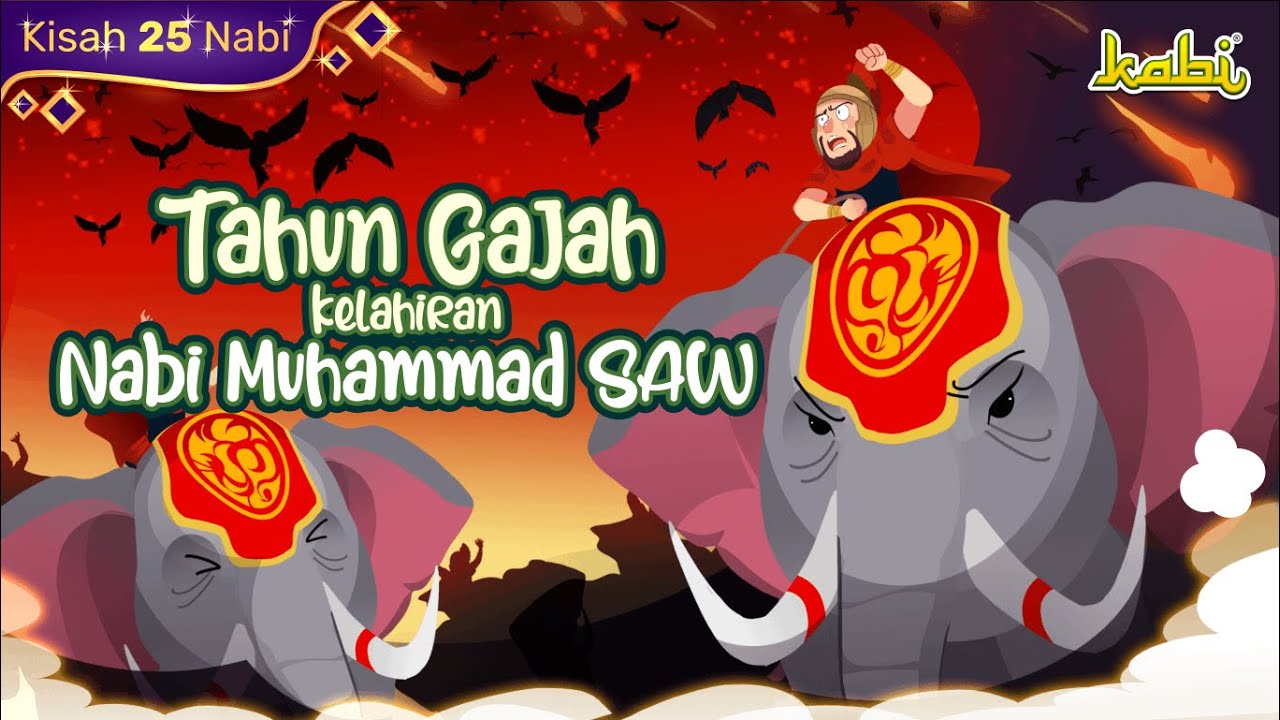Ancestors of Prophet Muhammad | Seerat un nabi Part 4 | Nizar, Mudar and Ilyas | Syed Saad Qadri
Summary
TLDRThe video explores the lineage of Prophet Muhammad (PBUH), focusing on his ancestors, Nizar, Mudhar, and Ilyas. It highlights the special divine light (nur) passed down through generations, symbolizing the Prophet's coming. Nizar was admired for his beauty and wisdom, while Mudhar was known for his melodious voice, wisdom, and contribution to the tradition of guiding camel caravans with rhythmic songs. Ilyas, a respected tribal leader, promoted righteousness and justice, revered as a wise and handsome figure who led his people back to moral integrity.
Takeaways
- 📜 Nizar, the son of Adanan, had the nur (light) of Prophet Muhammad ﷺ between his eyes when he was born, and this made his father very happy and thankful to Allah.
- 🐫 Nizar’s father celebrated his birth by slaughtering camels and inviting people of all statuses to a large feast.
- 🌟 Nizar stood out from others because of the special nur that would pass down through generations, eventually reaching Prophet Muhammad ﷺ.
- 👑 Nizar was so honored that kings would stand up in his presence due to his noble status.
- 💡 Mudhar, Nizar’s son, inherited this nur and was known for his wisdom, intelligence, and exceptional voice.
- 🎶 Mudhar is credited with starting the tradition of 'hadi,' a rhythmic chant used to soothe and guide camels during long journeys.
- 👨👦 Nizar advised his sons to consult a man in Najran for any disputes after his death, which they did when a conflict arose over inheritance.
- 🕌 Mudhar followed the religion of Isma'il (Islam), and some people believe his grave is located in Rauha.
- ⚖️ Elias, Mudhar’s son, was a chief among the Arabs and known for his wisdom and leadership, resolving disputes and sacrificing animals to the Kaaba.
- 🕊️ Elias also worked to reform his people, encouraging them to leave behind evil practices and return to the path of righteousness.
Q & A
Who is Nizar, and what was significant about his birth according to the seerah?
-Nizar, the son of Adanana, is an ancestor of Prophet Muhammad (PBUH). At his birth, it was reported that the 'Nur' (light) of Prophet Muhammad (PBUH) sparkled between his eyes. His father celebrated his birth by slaughtering many camels and inviting people of all statuses to a large feast.
Why was Nizar given this name, and what did his father say about him?
-Nizar was given his name after his father declared that no amount of wealth was too great to celebrate his honorable child. His father believed that Nizar was the most beautiful and intelligent person of his time.
What is known about Mudhar, Nizar’s son?
-Mudhar, Nizar’s son, inherited the 'Nur' of Prophet Muhammad (PBUH). He was very handsome, wise, and had an exceptionally melodious voice. His voice was so captivating that it helped soothe camels during long journeys, a practice that became known as 'Hadi,' the tradition of reciting rhythmic words to lead camel caravans.
How did Mudhar come to develop the tradition of 'Hadi'?
-Mudhar developed the tradition of 'Hadi' after he fractured his hand and, while in pain, cried out with a beautiful voice. His voice had such an impact on the camels around him that it led him to realize it could be used to control and soothe animals during long desert journeys.
What did Nizar advise his sons before his death?
-Before Nizar died, he advised his sons to divide his possessions among themselves. He also instructed them to go to a man in Najran for arbitration if they ever had any disputes after his passing. After Nizar's death, the brothers did indeed face disputes and resolved them by following their father's advice.
What is the significance of the dispute between Nizar’s sons after his death?
-The dispute among Nizar’s sons over their inheritance after his death was resolved by following his advice to consult a man in Najran. This highlighted the importance of Nizar’s foresight and wisdom in maintaining peace among his descendants.
What does the seerah say about Mudhar’s religious beliefs?
-According to seerah, Prophet Muhammad (PBUH) stated that Mudhar followed the religion of Ismail (AS), meaning he adhered to the early monotheistic faith. His belief in Islam before the Prophethood of Muhammad (PBUH) was affirmed.
Who was Ilyas, the son of Mudhar, and what was he known for?
-Ilyas, the son of Mudhar, was a chief among the Arab tribes and known for his wisdom. Arabs respected him for his judgments and would call him to resolve disputes. He was also the first to offer a sacrifice at the Kaaba from outside the sacred precinct.
Why was Ilyas compared to Luqman, and what was one of his wise sayings?
-Ilyas was compared to Luqman due to his great wisdom. One of his wise sayings was, 'The one who sows a seed of goodness shall get goodness, and the one who sows a seed of badness shall receive evil.'
What was Ilyas’s role in guiding the descendants of Ismail (AS)?
-Ilyas noticed that some descendants of Ismail (AS) were engaging in evil behaviors. He advised them to abandon these acts and return to righteousness, earning him great respect and honor among the people.
Outlines

此内容仅限付费用户访问。 请升级后访问。
立即升级Mindmap

此内容仅限付费用户访问。 请升级后访问。
立即升级Keywords

此内容仅限付费用户访问。 请升级后访问。
立即升级Highlights

此内容仅限付费用户访问。 请升级后访问。
立即升级Transcripts

此内容仅限付费用户访问。 请升级后访问。
立即升级浏览更多相关视频

1. KETURUNAN IBRAHIM (Audiobook Sirah Rasulullah صلى الله عليه وسلم)@penerbitummulqura9868

Kisah Sahabat Nabi Berkulit Hitam Julaibib Yang Di Perebutkan Para Bidadari

What was the real name of Abdul Muttalib - the grandfather of Prophet Muhammad ﷺ ? #abdulmuttalib

MENJAGA KETURUNAN (Hifzhu Al Nasl) KELOMPOK 4 X-2

02 - The Possessor Of The Two Lights

Kisah Nabi Muhammad SAW - Kelahiran Rasul Terakhir | Kisah Teladan Nabi | Cerita Islami Anak Muslim
5.0 / 5 (0 votes)
